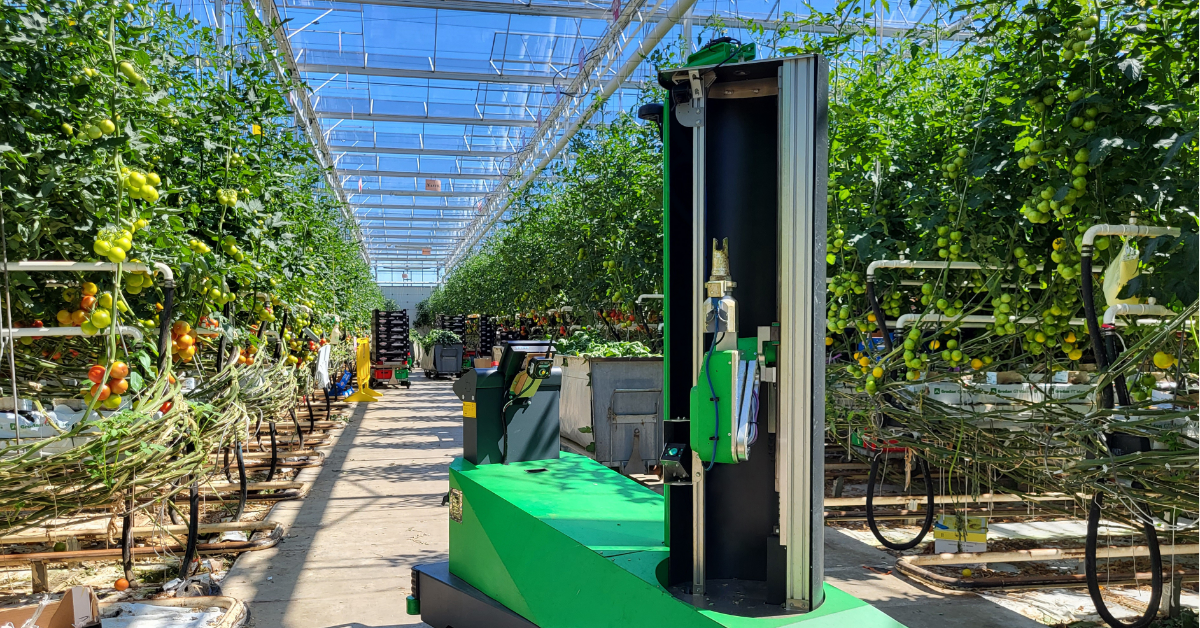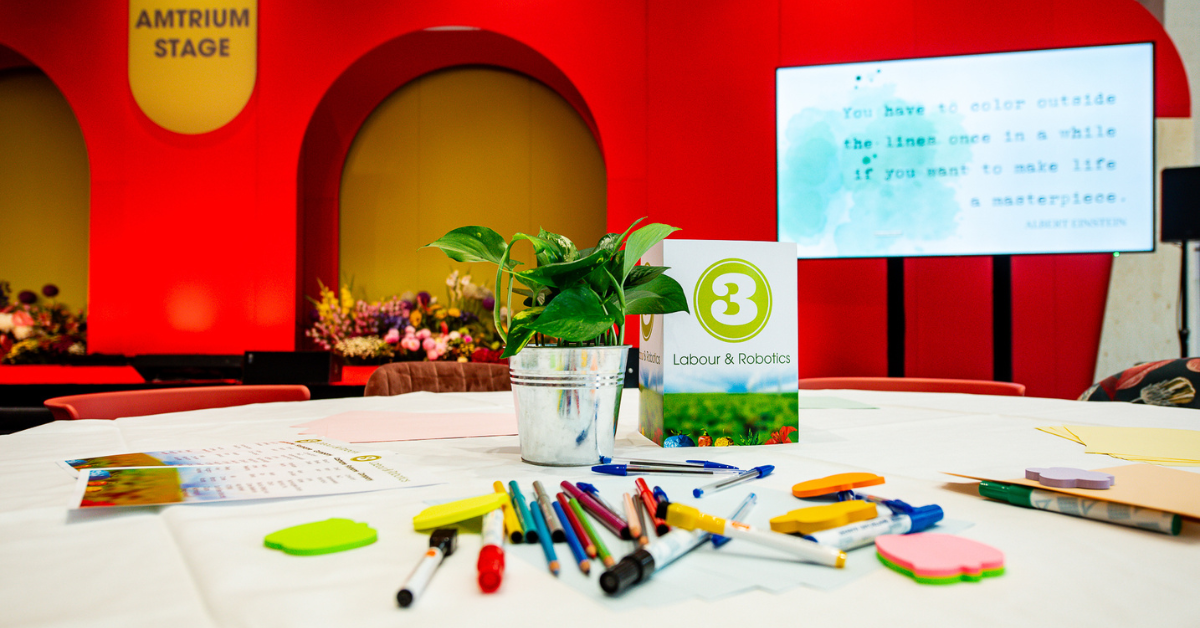Create true ownership with a decentralized organization
Individual growers, like the horticultural sector as a whole, are facing major challenges in the next few years. GreenTech asked various young entrepreneurs about the opportunities and threats they identify with regards to their businesses. In this article, Thomas Bunnik of Bunnik Plants, located in the village of Bleiswijk, shares his thoughts on the efficient organization of labour in the horticultural sector.
Bunnik Plants specializes in the production of indoor plants. In the past years the company expanded considerably, resulting in the fact that Bunnik Plants now owns and operates seven branches with a total surface of 25 hectares. On average, Bunnik Plants produces some 700,000 plants per week. In order to achieve that, the company employs more than two hundred people. And it is quite a task to let all these people cooperate in an efficient way, admits Thomas Bunnik. He represents - together with his cousin Dennis – the new generation of the Bunnik family within the company. According to Thomas it is really important that all employees like to do their job and feel part of the company. Only then people can perform to the best of their abilities. ‘Five years ago we chose to transform into an organization with self-managed teams,’ says Thomas. ‘This system actually puts the pyramid upside down: employees in the company decide and management and members of the board fulfil an advisory role. In this way we want to create ownership in the workplace so that the responsibility for the organization is truly being carried by the employees themselves. In our sector you do not see this a lot, but in our opinion this approach will become more and more important in order to be really successful.’
Reinventing the wheel
It is an ambitious step, even more so because there are no other examples in the horticultural sector. ‘We therefore had to reinvent the wheel ourselves,’ indicates Thomas. ‘And we keep on inventing actually. What does and does not work? How to deal with profit-sharing? Should you offer people shares in the company? We need to find the answers to these questions.’ In any case, Thomas is convinced that this working method leads to the best results for Bunnik Plants. ‘By working in teams, decisions are taken faster and together the teams work out better ideas and solutions. That ultimately leads to more productivity, because if people feel responsible and involved, they are also committed to go an extra mile.’
That was exactly what happened at Buurtzorg, the healthcare organization that put self-managed teams successfully on the map in the Netherlands. Bunnik Plants is definitely inspired by their success. ‘There are many entrepreneurs who think they run a self-managed organization, but in practice that is not the case,’ says Thomas. ‘That’s because the management is not fully committed to the principle. You need to fully implement it, or just don’t do it. If you only restructure parts of the company, you are not creating sufficient ownership in the end.’
In the past few years Bunnik Plants took major steps towards a self-managed organization, but Thomas certainly doesn’t claim that everything is perfect now. ‘We are on track , but there’s still a lot to do. Therefore we would like to exchange experiences with people and companies outside the horticultural sector. And I am not talking about trendy communication and advertising agencies, but production companies facing the same challenges we are facing.’ Thomas believes that the floricultural sector needs more inspiration and passion to maintain its added value. ‘More than fifty per cent of the horticultural business owners expect to close their companies within the next ten years and seventy five per cent of these companies has no successor. What happens with all these small companies which are scattered about? I think that this situation can create opportunities for decentralized organizations, but then it has to be done correctly.’
Change is the only way forward
Thomas thinks it is all about making choices. Continuing in the same way that many horticultural companies have worked so far, with a centralized organization without the right directions, is not an option for the future. ‘Now organizations have to deal with too many complaints and mistakes and in the end their business is not profitable enough. That is not a long-term strategy. And that is why entrepreneurs will have to make clear choices. Both with regards to strategy and organizational model. Do you want to be the cheapest or the best? If you opt to centralize, you must professionalize your internal organization. Or is self-managed teams the choice you’ll make? None of these options are easy, because you always give up control. One option does not have to be better than the other. Every organization has to decide what fits best. However, I think if we continue doing what we’ve been doing for so long, it will not work out in the future horticultural sector.’
Share your horticulture technology stories with us
Do you have an innovation, research results or an other interesting topic you would like to share with the international horticulture technology industry? The GreenTech website and social media channels are a great platform to showcase your stories!
Please contact our Brand Marketing Manager Murkje Koopmans.
Are you an GreenTech exhibitor?
Make sure you add your latest press releases to your Company Profile in the Exhibitor Portal for free exposure.
Have exclusive horticulture technology news delivered to your inbox
The GreenTech monthly newsletter brings you the latest exclusive horticulture technology news and updates about our global horticulture technology trade shows and events.
Join over 32,000 of your peers and receive:
☑ Exclusive commentary from industry leaders
☑ The latest news from the GreenTech team
☑ Stay up to date with all the latest news about our events






